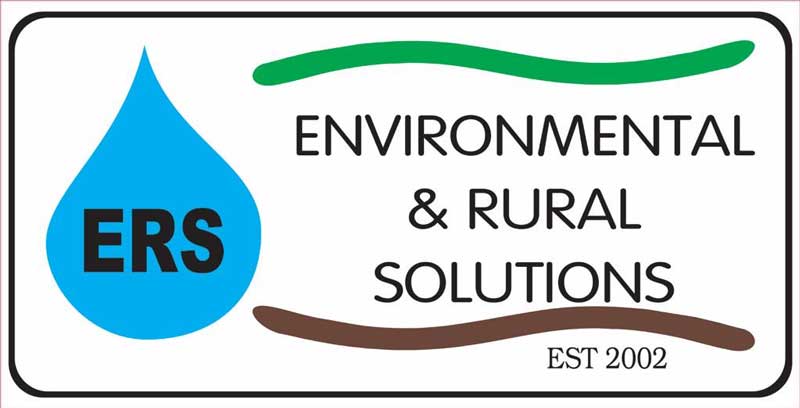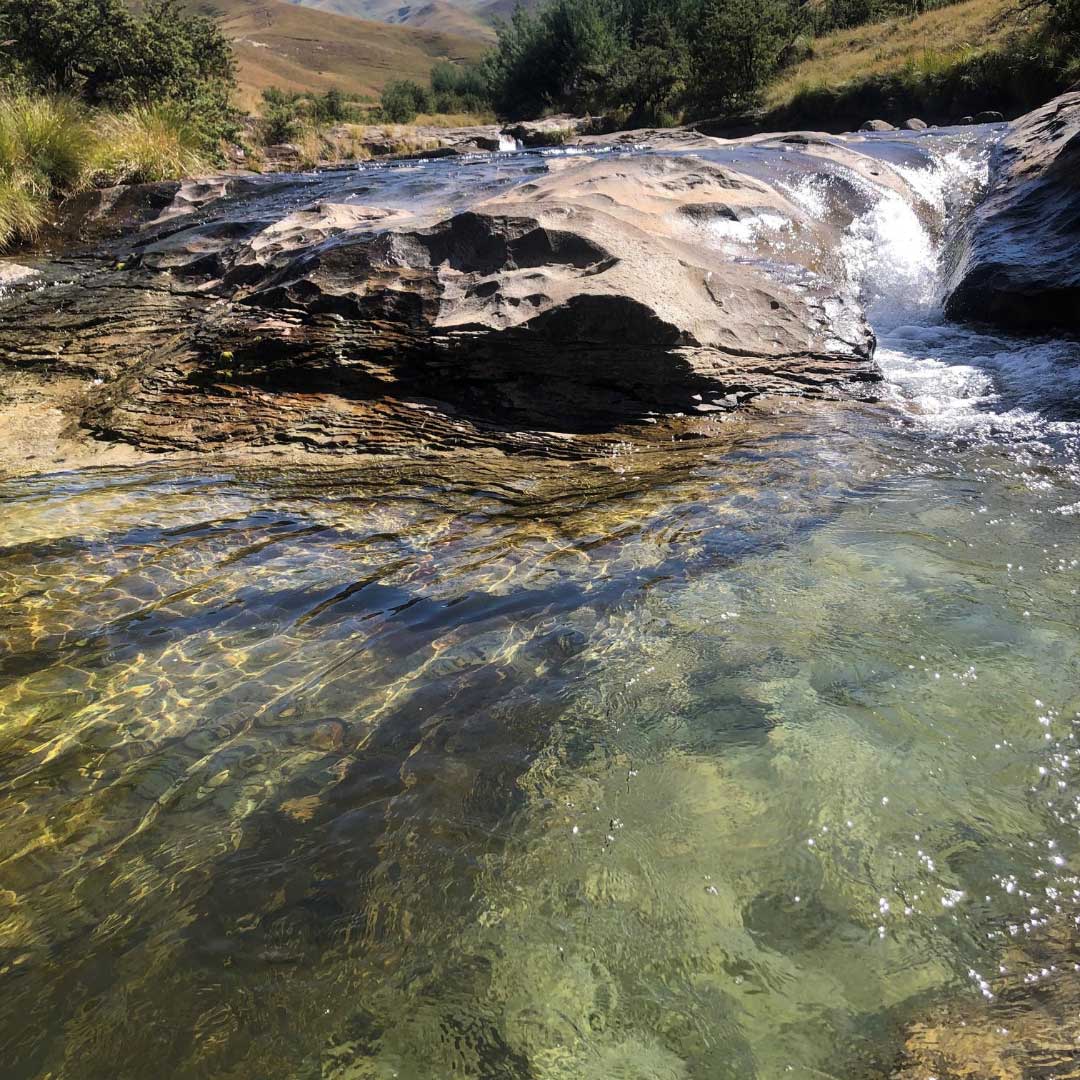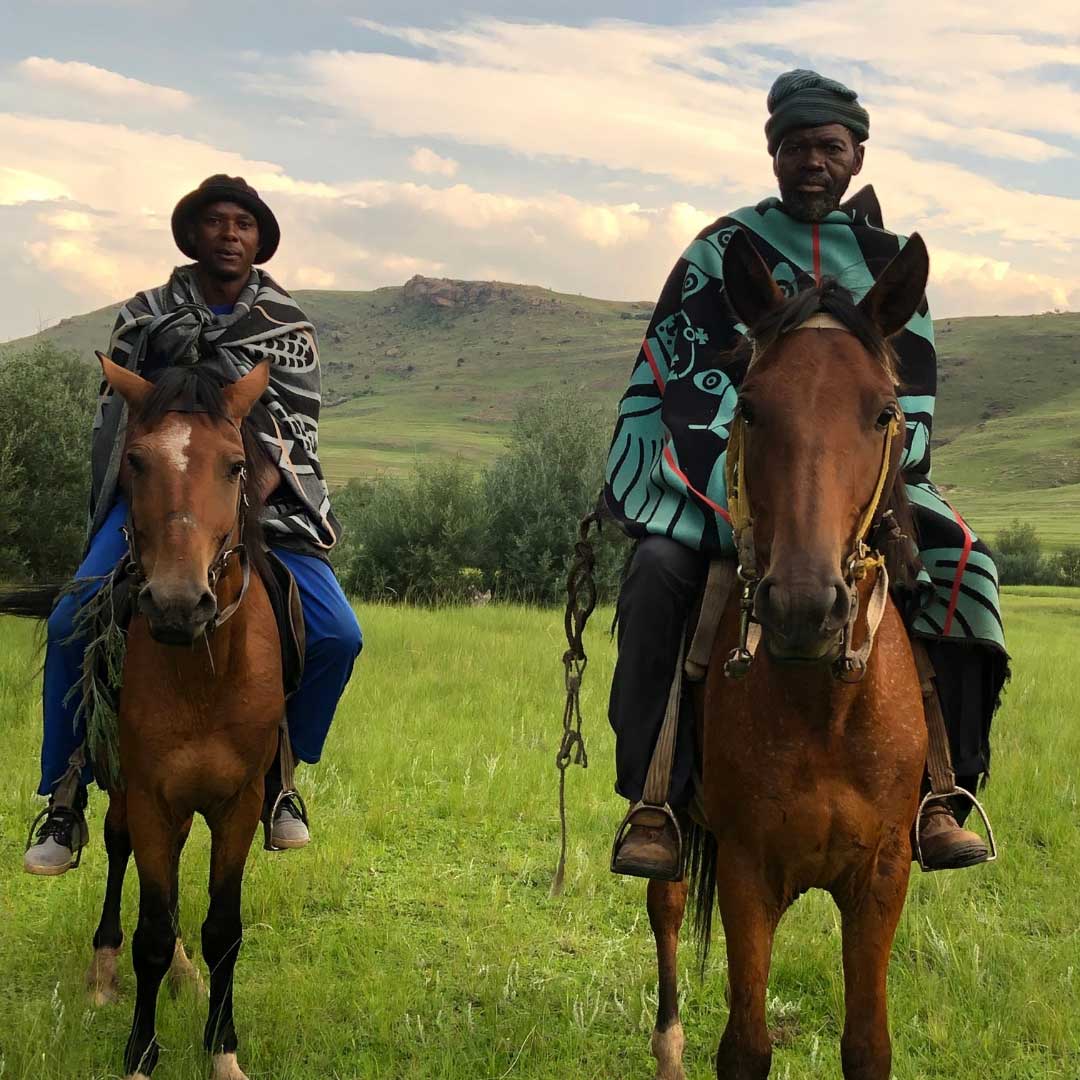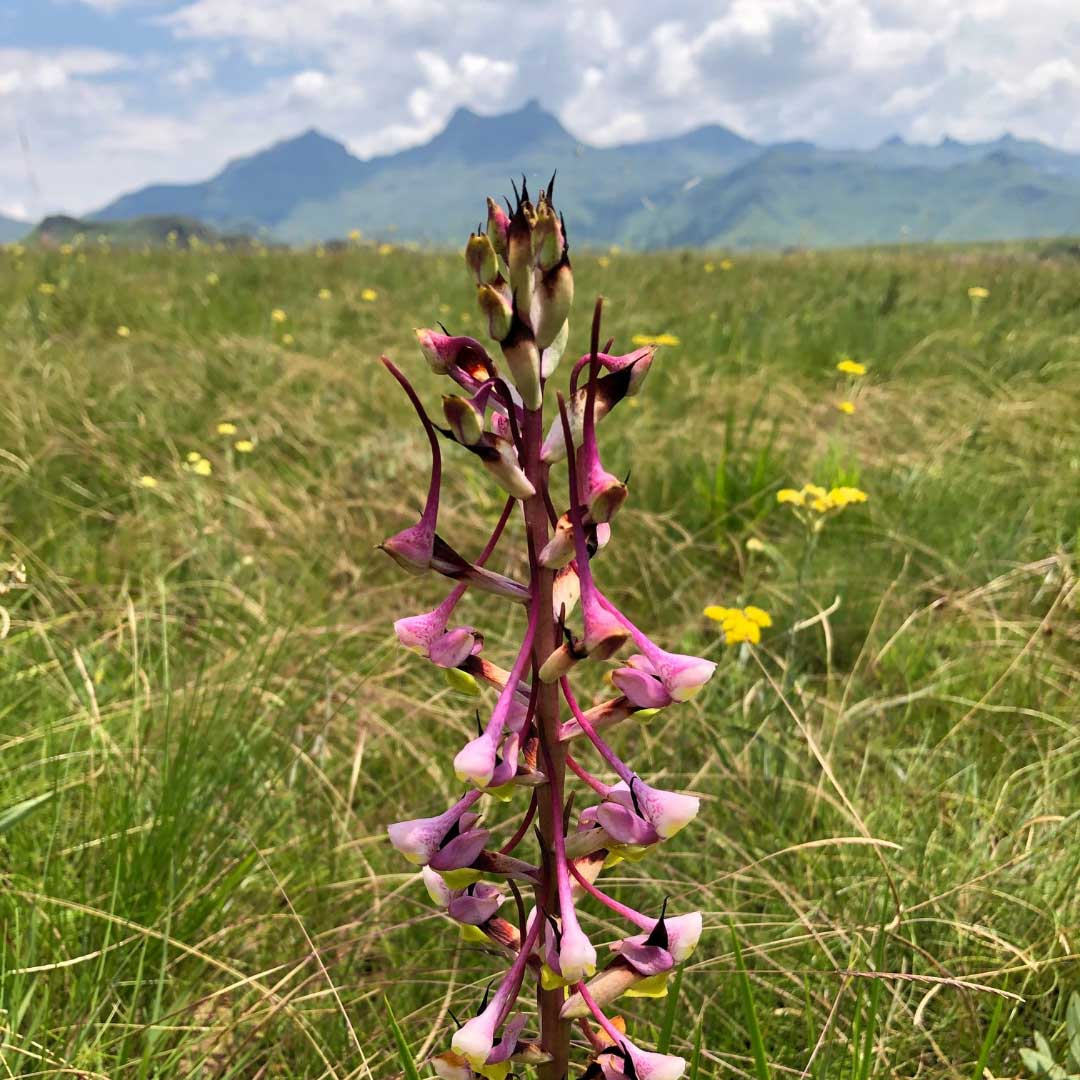African Nature-Based Tourism Platform
Categories of Interest
Areas of Work
KwaZulu-Natal
Type of Intermediary
Organizational Profile
With US$1,903,000 in funding from the Global Environment Facility (GEF), the African Nature-Based Tourism Platform will connect funders to the communities and small/medium enterprises (SMEs) most in need of funding support, with a goal of mobilising at least $15 million to support communities and SMEs in Covid-19 emergency relief efforts and to build greater resilience into the nature-based tourism business model into the future. Using a bottom-
up approach, the platform will gather data on impacts to communities and SMEs from the COVID-19 crisis, enhance knowledge sharing between relevant actors, facilitate the development of funding proposals from communities and SMEs, and make these available to relevant donors. Project focal geographies include Botswana, Kenya, Malawi, Mozambique, Namibia, Rwanda, South Africa, Tanzania, Uganda, Zambia, and Zimbabwe.
Services Provided
- Connecting investors to our network
- Helping with proposal development
- Providing funding for facilitation
- Providing baseline data on communities and SMEs
Biodiversity Experience
The key goal of the platform is to facilitate matchmaking between donors and beneficiary communities and SMEs, resulting in the growth and well-targeted distribution of COVID-19 emergency relief funds, stimulus packages, and other financial support. With the facilitation of national CBNRM networks and non-governmental organizations, data collected from communities and SMEs will be used to connect communities and SMEs to appropriate donors and assist with proposal development. The platform will also focus on improved integration of nature-based tourism in investment decisions by governments and financial institutions.


















































